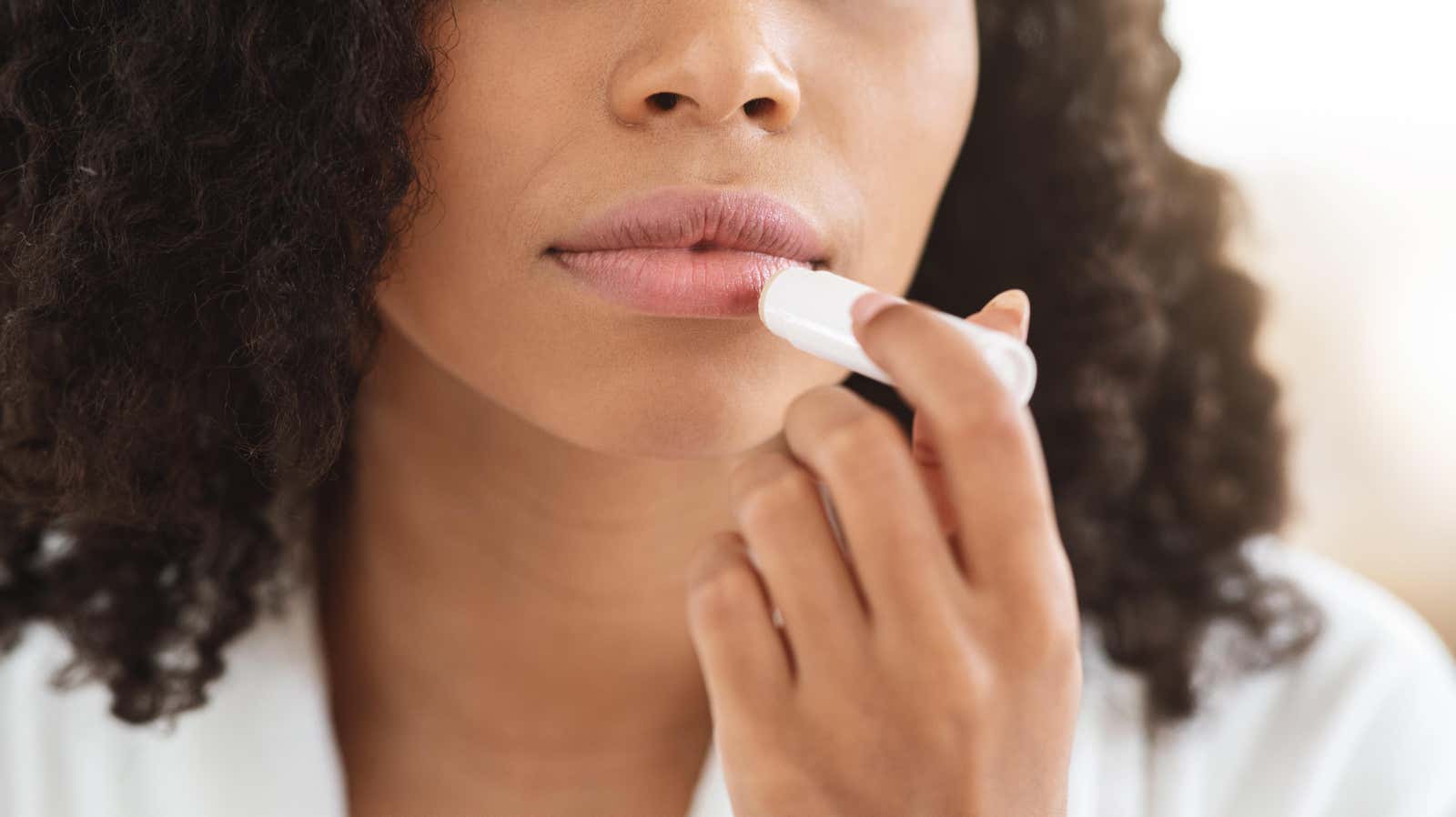Does Lip Balm Really Crack Lips?

Are you the kind of person who applies lip balm throughout the day, almost like a reflex habit? The one who only uses it occasionally when your lips are chapped and about to bleed? Or the type who sensibly avoids it because you once heard that it actually makes chapped lips even worse ? I am the third one who brought me here today. Is it true that using chapstick and other lip balms can cause your lips to become so addicted to these emollients that they “stop moisturizing themselves”, thus starting a vicious cycle of perpetual dryness? Quick answer: Yes, sort of. But it depends. Let’s dive into this.
Why are lips so prone to dryness?
The skin of the lips is not strong. As certified dermatologist Mary L. Stevenson told NBC News Select , “The skin on your lips is much thinner and more sensitive than the skin on your hands and feet because it’s designed to help your mouth absorb food.” Add to this the fact that lips do not have sebaceous glands that moisturize and protect them, making them especially vulnerable to cracking. While some autoimmune diseases, medications, allergens, skin conditions such as eczema, nutritional deficiencies, dehydration, and habits such as excessive lip licking can cause chapped lips, the root cause is usually environmental factors such as cold temperatures. , dry air, wind and sun. all this emphasizes the delicate skin of the lips.
What does lip balm actually do?
Lip balm provides an artificial barrier that temporarily seals moisture in your lips, giving them a chance to heal while being protected from the elements that choke them further—again, temporarily. The problem is what happens when that moisture evaporates and what is in your lip balm.
According to dermatologist Dr. Shari Marchbein , “[lipsticks] can lead to a vicious cycle of constantly having to use them and run them over the lips, often followed by smacking the lips, which perpetuates the chapping cycle.”
Lip Balm Ingredients to Avoid
Some ingredients found in lip balms actually aggravate or dry out the skin. According to the Rapid City Medical Center , menthol , phenol (phenyl), and camphor “may provide an immediate cooling sensation, but may cause skin irritation. In some cases, they even remove the outer layers of skin, leaving your lips exposed and susceptible to environmental hazards.” In addition, lanolin , parabens, salicylic acid , eucalyptus, fragrances and fragrances such as cinnamon, citrus and mint should be avoided as they can irritate the skin and make it drier.
In case you’re wondering, Chapstick’s well-known brand ingredients include phenyl, lanolin, camphor, two different parabens, two color dyes, and “parfum” (fragrance). It’s a whole bunch of no’s right there.
What ingredients should be in your lip balm?
The American Academy of Dermatology (AAD) recommends products containing castor oil, hemp seed oil, ceramides, shea butter, and petroleum jelly, among other ingredients . For very chapped lips, AAD suggests using an ointment such as white petroleum jelly rather than waxes or oils, as the ointment lasts longer in water. As always, they also recommended the use of sunscreen, advising you to use an SPF30 (or higher) lip balm that meets the above requirements.
Dr. Leah Jacob, an assistant professor at Tulane University School of Medicine, cautions against using glossy lip products when you’re outdoors, as high gloss can increase sun damage from UV rays .
Alternatives to lip balms
If you want to ditch commercial lip balms entirely, there are several natural ways to take care of your lips. Honey is a natural humectant , meaning it draws moisture from the deeper layers of the skin into the epidermis. It also has antibacterial properties and can help prevent infection if your lips are chapped. According to Konstantin Vasyukevich, MD , facial plastic surgeon and skin care expert, “honey acts as a gentle exfoliator and can help remove dry, dead skin from the lips.” Gentle exfoliation with a sugar scrub can also be effective, but be sure to follow up with a moisturizing treatment.
AAD also suggests using a humidifier in your home, drinking more water to hydrate from within, and stopping biting, picking, and licking your lips.